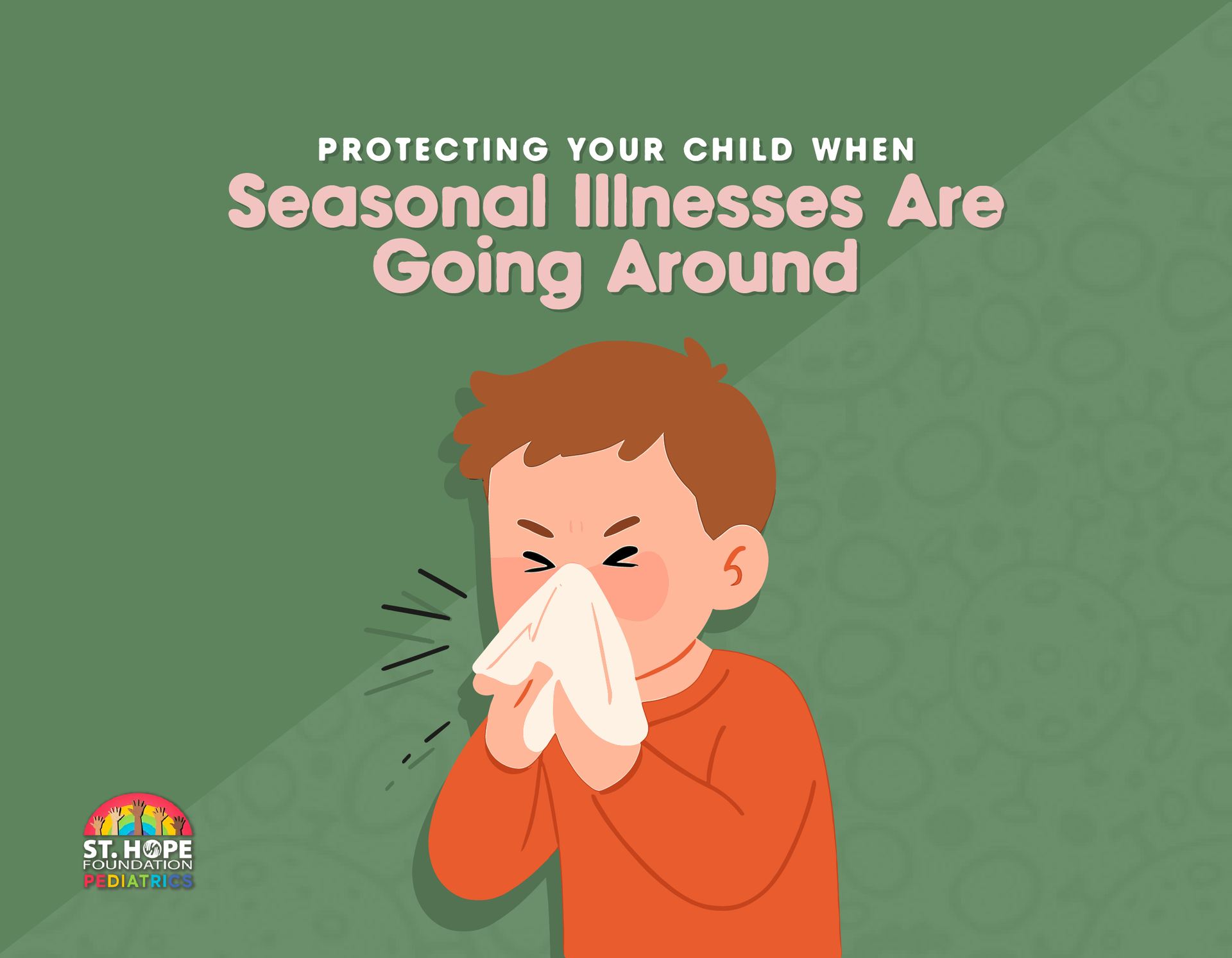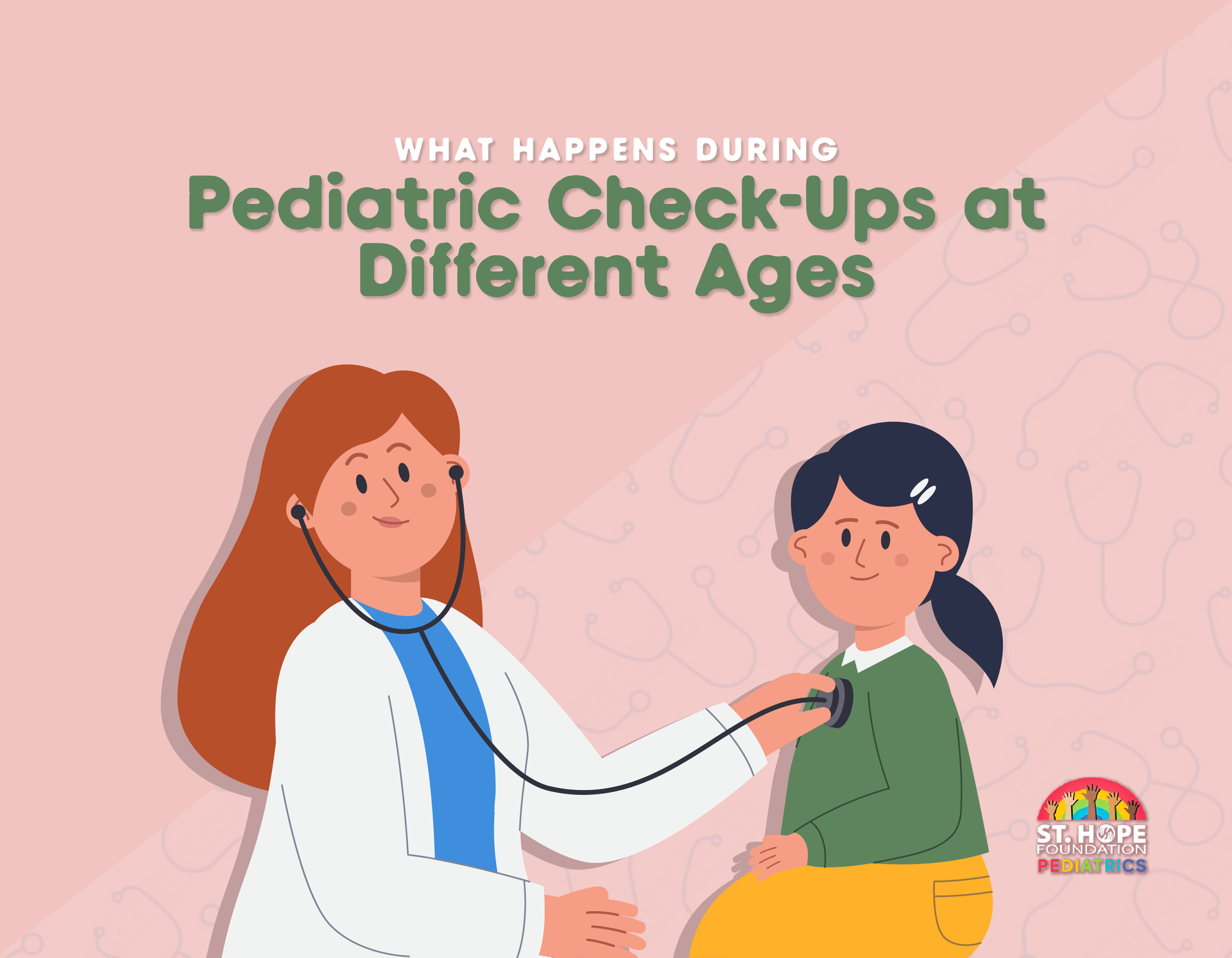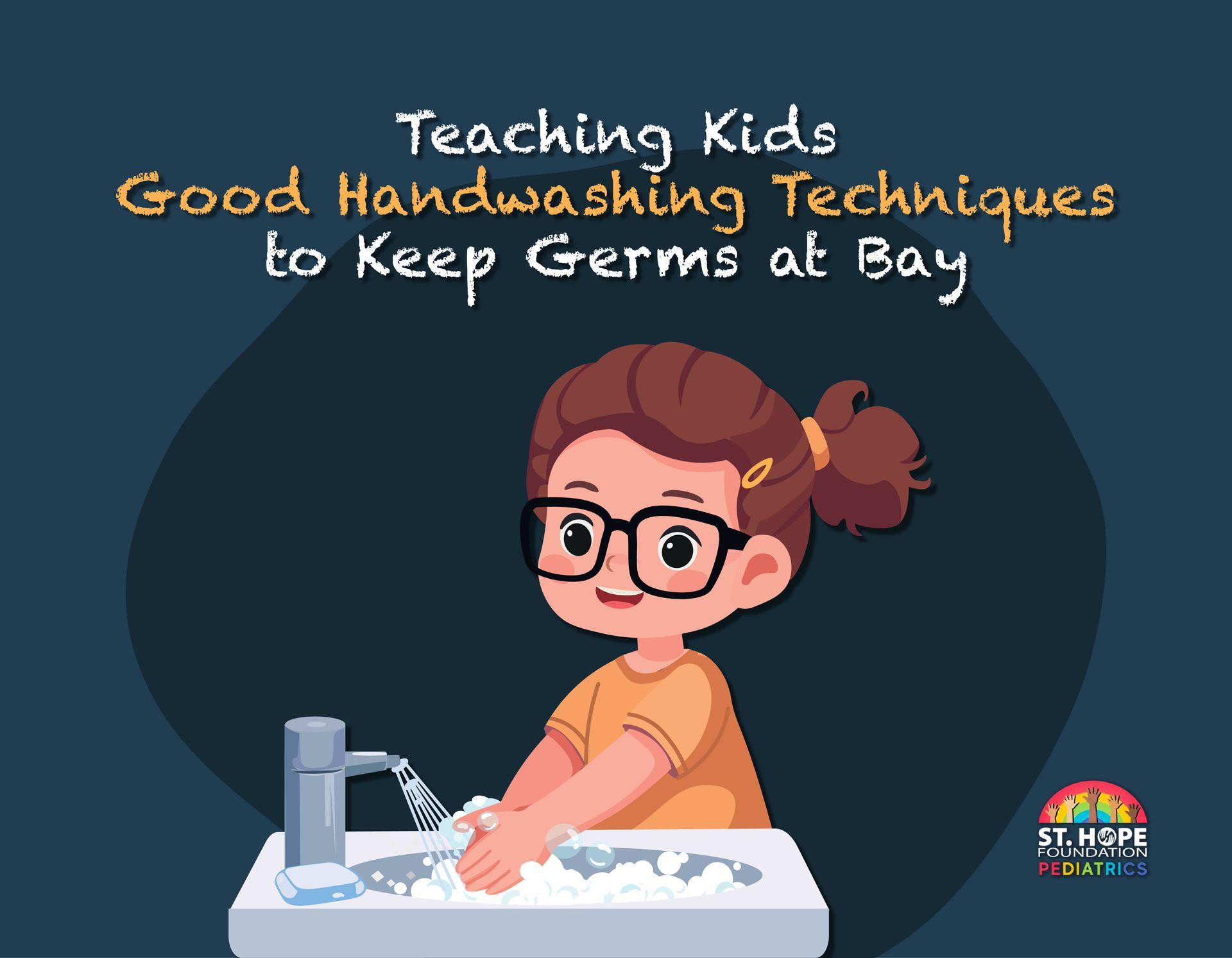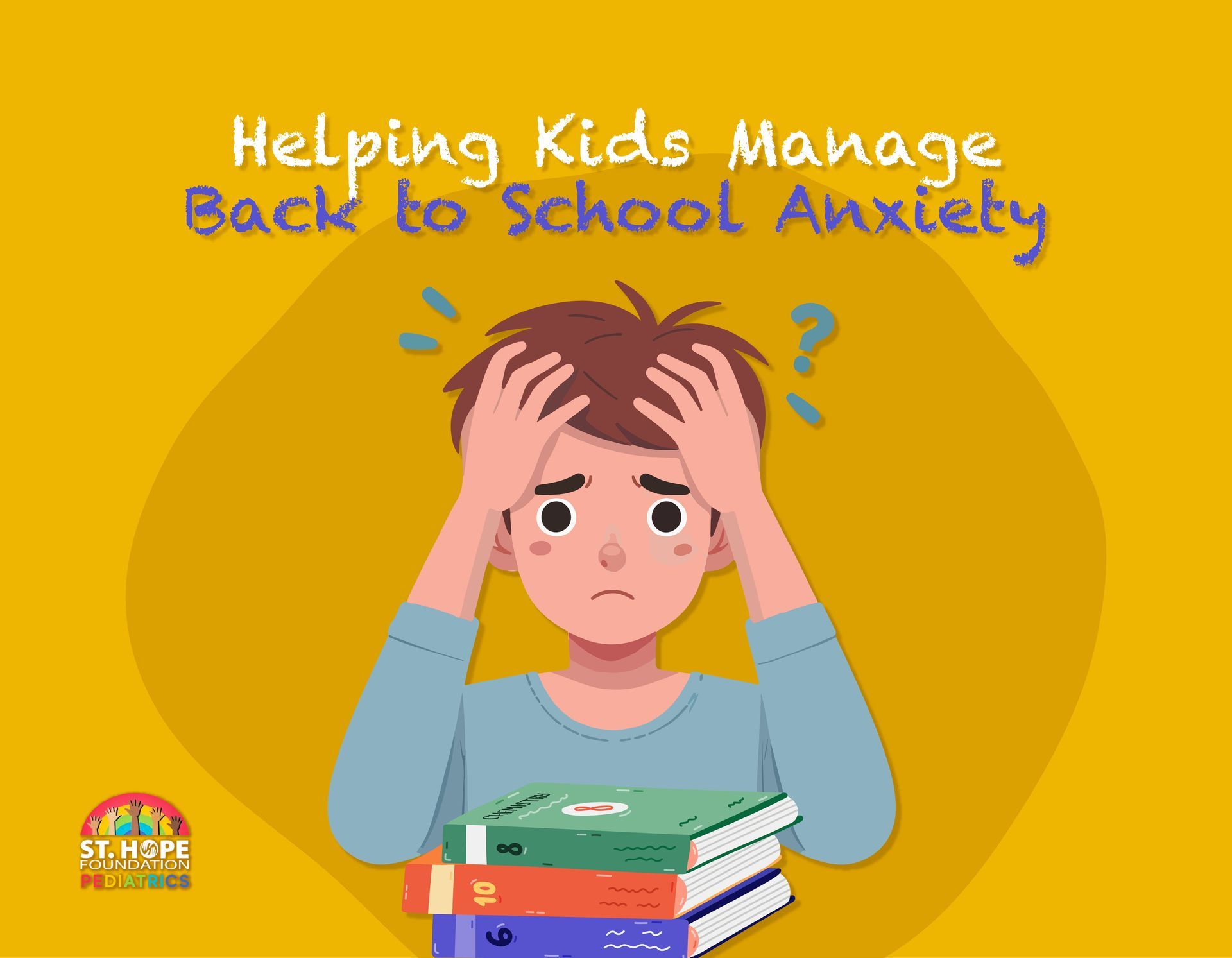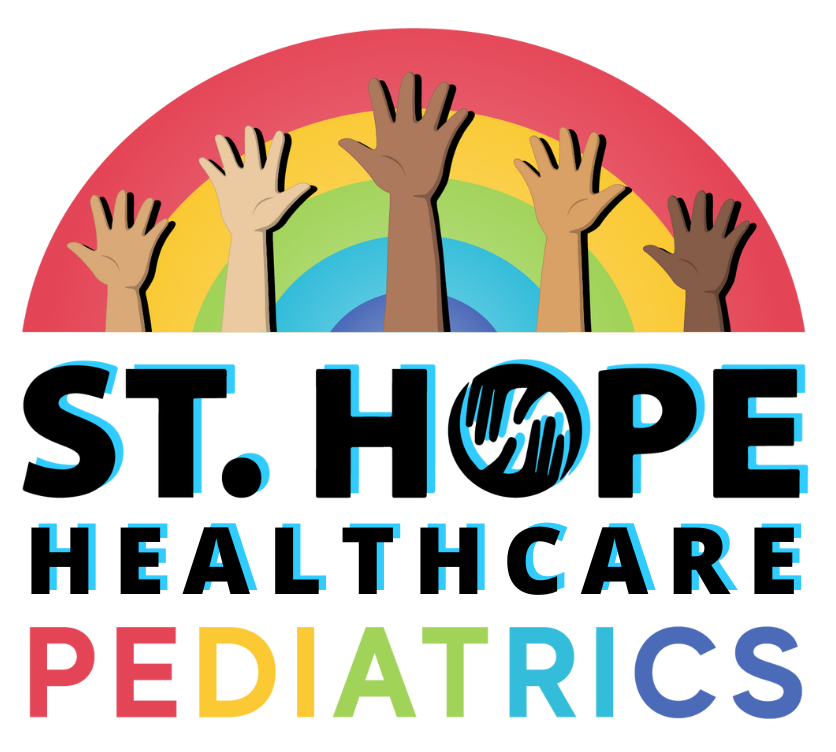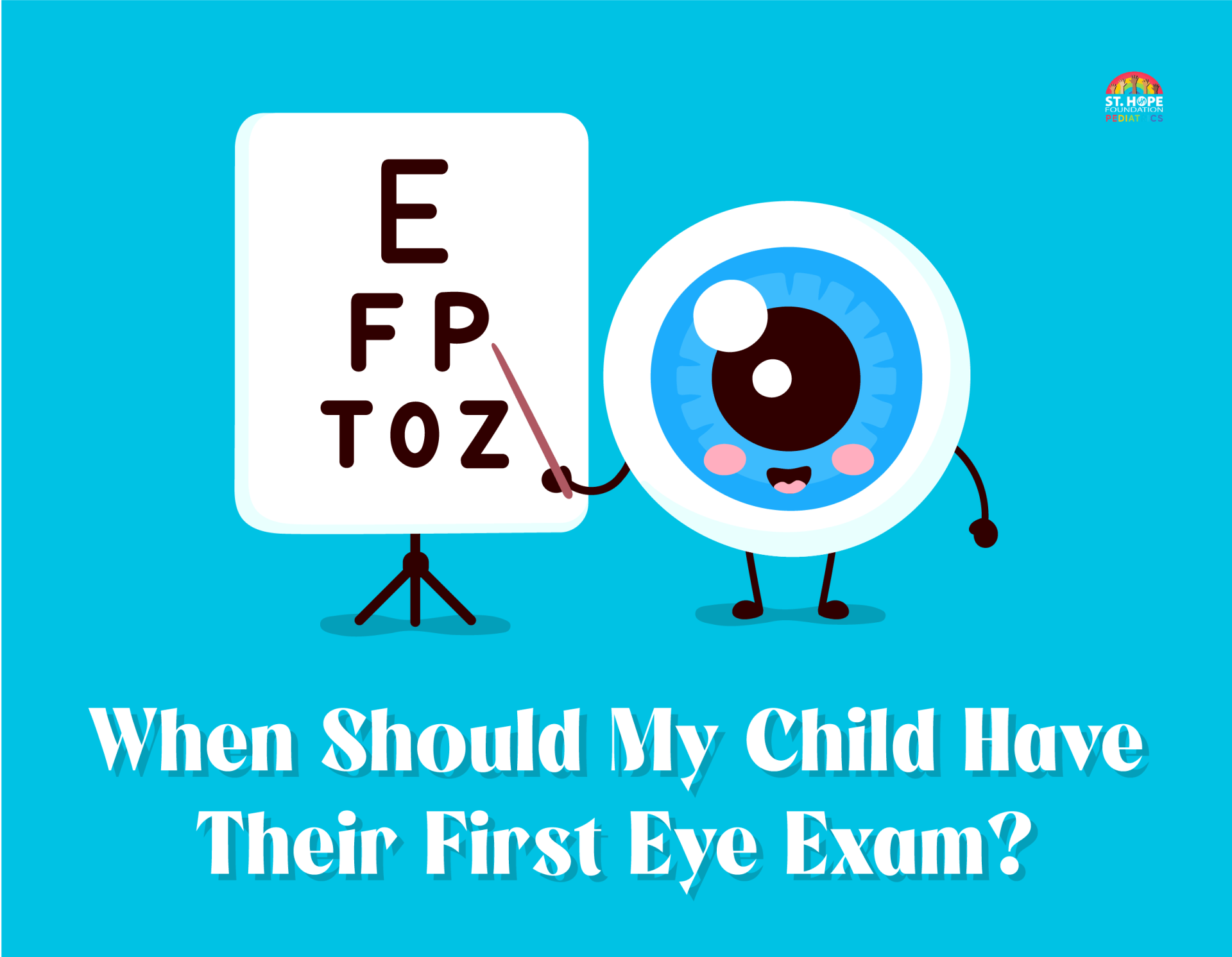
Your child’s pediatric care should ideally start at a very early age. If you’re a new parent, you might be wondering when it’s the right time to schedule certain types of preliminary exams and doctor’s appointments, like your child’s first optometrist appointment.
It's not uncommon for parents to think eye exams are only for children who need eyeglasses or the management of specific vision issues. This isn’t exactly true. Early visits to the eye doctor can allow for the early detection of various types of eye conditions. If caught early enough, preventative steps can be taken to reduce the risk of your child developing vision complications later in life.
How Often Should a Child Get an Eye Exam?
In most cases, pediatricians will recommend scheduling a comprehensive eye exam for your child by the time they reach one year of age and then again before they start kindergarten. A child who has an eye problem previously detected by a pediatrician or a sibling or parent with an existing eye problem may benefit from more frequent visits to an optometrist.
Some schools offer annual vision screenings for children, but more serious problems could go undetected if not examined by a licensed optometrist. Pediatricians can perform limited eye exams for children from birth into their toddler years. These exams can help detect abnormalities in the pupil’s light reflexes and ocular alignment.
Consult with your pediatrician if you’re concerned about your child’s eye health.
Why Even Consider Early Eye Exams for Children?
Infants and young children often don’t have a way to communicate problems they experience with their vision. That’s why it can be beneficial to check and accurately ascertain the condition of their eyes from a young age. If a pediatrician or optometrist detects a potential condition or abnormality in a child’s eyes, preventative measures can often be taken to reverse or manage the symptoms.
Ensuring optimal eye health for your child starts with you. Here are some tips for prioritizing their eye care:
- Trust your gut – You know your child best. If you notice that your child is complaining about their eyes or seems to have trouble seeing, consult your pediatrician or optometrist. If they don’t detect a problem at first, ask them to perform a more in-depth exam or seek a second opinion.
- Reflect on your family history – If vision problems run in your family, there is a chance that it could be heredity and the genes could be passed on to your child. Early eye exams could detect if your child is experiencing any of the same hereditary vision complications.
- Don’t rely on your child’s school – Some elementary schools perform annual vision and hearing tests for their students, but they have their limits. These tests are designed to detect basic signs and symptoms, but a more serious abnormality or condition could go undetected. Some pediatricians will recommend scheduling an eye exam with an optometrist before your child starts preschool or kindergarten.
Can You Tell if Your Child has Vision Problems?
Whether your child can communicate clearly or not, there are a few symptoms to watch out for that could be telltale signs that your child may be experiencing problems with their vision. If they show any of the following symptoms below, be sure to discuss next steps with your pediatrician.
- Minimal eye contact
- Constant rubbing or blinking of eyes
- Delayed motor development
- Squinting
- Headaches or eye pain
- Difficulty concentrating on schoolwork
- Holding objects too close to the face
- Failed eye exam at school
Seek Specialized Pediatric Vision Care in the Houston Area
If you believe your child could be suffering from vision complications, our experienced team of pediatricians at St. Hope Foundation provide one-on-one, personalized vision care for families in Houston and Sugar Land.
Our extensive eye care treatments include diagnostic testing to identify problems. We provide solutions for common vision issues including amblyopia (lazy eye), styes, conjunctivitis (pink eye), blocked tear ducts and more.
Contact us online or give us a call at (713) 778-1300 to schedule an appointment with our team today.

